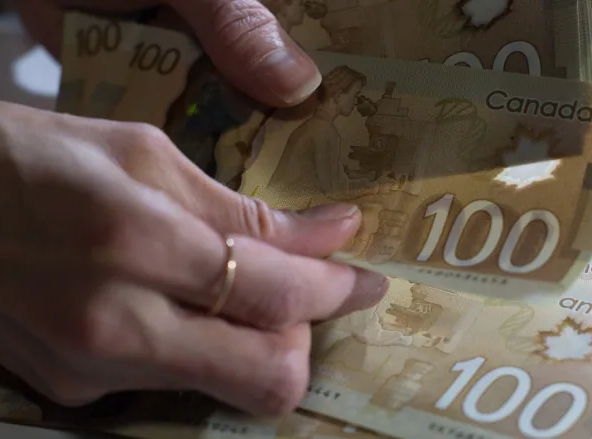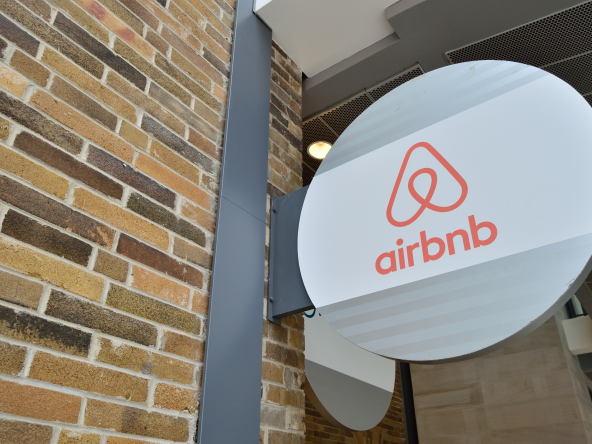As a professional in real estate industry, I know a thing or two about the ins and outs of buying a home. And let me tell you, purchasing a home can be both thrilling and intimidating. One of the most common concerns I hear from homebuyers is about coming up with a down payment. They ask me, “Can I buy a house with $0 down?” Now, while that might seem like a tall order, fear not my friends! There are numerous programs and strategies available to help make this dream a reality. In this blog post, I’ll be sharing valuable insights to help answer common questions related to down payment requirements for purchasing a house, as well as provide information on down payment assistance programs and tips for homebuyers to avoid common mistakes. So, sit back, relax, and let’s dive into the world of homebuying!
Time is money, my friends, and I know that you want to get the answers you need as quickly as possible. That’s why in this blog post, I’ve provided concise answers to some of the most frequently asked questions related to down payments for purchasing a home. However, I also understand that everyone’s situation is unique, and there may be additional questions or concerns that require a more personalized answer. So, while the quick answers provided in this blog post are certainly helpful, remember that we are always just a phone call away for a more personalized approach.
How much money should I save before buying a house in Canada?
The amount of money you should save before buying a house in Canada depends on several factors, such as the purchase price of the property, the down payment required, and other costs such as closing costs and moving expenses. Generally, it’s a good idea to save at least 20% of the purchase price for a down payment to avoid paying mortgage insurance.
How much do most first-time home buyers put down?
Most first-time homebuyers put down 5-20% of the purchase price of their home as a down payment. The amount they put down can vary depending on their financial situation, the location of the home, and the price of the home.
What is the minimum down payment for a house in Greater Vancouver?
In Greater Vancouver, the minimum down payment required to buy a house depends on the purchase price. If the purchase price is less than $500,000, the minimum down payment is 5% of the purchase price. If the purchase price is between $500,000 and $999,999, the minimum down payment is 10% of the portion of the purchase price above $500,000. If the purchase price is $1 million or more, the minimum down payment is 20%.
Is 5% enough for a down payment?
5% down payment can be enough for a down payment, depending on your financial situation and the price of the home. However, it’s important to remember that a larger down payment can help you avoid paying for mortgage default insurance and reduce your monthly mortgage payments. A 5% down payment may be a good option for those who have limited funds for a down payment or who prefer to invest their money in other areas. It’s important to weigh the pros and cons and consult with a financial advisor or mortgage professional to make the best decision for your situation.
Should I put 20% down on first house?
Putting 20% down on your first house can be a good idea if you have the financial means to do so. It can help you avoid paying for mortgage default insurance, which can add to the cost of your monthly mortgage payments. However, it’s not always necessary or feasible for everyone, especially first-time homebuyers.
Can I get around down payment on a house? How can I make a down payment with NO money?
Buying a house without a down payment is not recommended as it can lead to higher mortgage payments, higher interest rates, and other financial risks. However, some programs and options allow you to reduce your down payment, including:
- Borrowing from a family member or friend
- Using a personal loan or line of credit
- Applying for down payment assistance programs
- Negotiating with the seller to provide financing or a vendor take-back mortgage
How the government of Canada help with down payment? Does the Canadian government help first-time homebuyers?
There are various ways to get more money for a down payment including the programs offered by the Canadian government to help first-time buyers. Here are some eligibility and criteria for some of the key grants and incentives available for purchasing a new home in Canada:
- Home Buyer’s Plan (HBP) – First-time homebuyers can withdraw up to $35,000 from their RRSPs to use towards a down payment, without incurring taxes. To be eligible, you must not have owned a home in the past four years and the funds must be repaid within 15 years.
- First-Time Home Buyer Incentive – Provides a shared-equity mortgage of up to 5% of the purchase price for resale homes, or up to 10% for newly constructed homes, to eligible first-time homebuyers in Canada. The maximum household income is $120,000 and the minimum down payment is 5% of the purchase price.
- GST/HST New Housing Rebate – Provides a rebate on some of the taxes paid on a newly constructed or substantially renovated home for eligible buyers. The maximum rebate amount varies depending on the purchase price and the amount of taxes paid, but it can be up to $30,000.
- Property Transfer Tax (PTT) Rebate – Offers a partial or full rebate on the PTT for eligible first-time homebuyers in British Columbia. The maximum purchase price to be eligible for the full rebate is $500,000, and a partial rebate is available for homes priced between $500,000 and $525,000. There’s also a PTT exemption for newly built homes with a fair market value of up to $750,000.
- BC Homeowner Mortgage and Equity (HOME) Partnership Program – Offers first-time homebuyers in British Columbia with a loan of up to 5% of the purchase price of their home to use as a down payment. The maximum home purchase price to be eligible for this program is $750,000, and applicants must have a minimum household income of $80,000.
- Tax-Free First Home Savings Account (FHSA) – This allows you to save for your first home. This means that you cannot have owned a home, or had an ownership interest in a home, in the four years prior to opening an FHSA account. You can contribute up to $6,000 per year to your FHSA account up to $40,000. The contributions you make to your FHSA account are not tax-deductible, but any investment income you earn in the account is tax-free. You can withdraw funds from your FHSA account at any time for any reason, but if you withdraw funds for a purpose other than buying your first home, the amount withdrawn will be added to your TFSA contribution room in the following year.
It’s important to note that eligibility and criteria for these grants and incentives may vary and change over time, so it’s always a good idea to check with the specific program or speak with a qualified professional in your specific area.
That brings us to the end of this blog post. As a first-time homebuyer, you may be feeling overwhelmed by the sheer amount of information and options available to you. There are numerous programs and resources at your disposal to help you achieve your goal of homeownership. The key is to do your research, seek guidance from professionals, and plan and budget wisely. With the right approach, you can turn your dream of owning a home into a reality. Remember, I am always here to provide guidance and support throughout the entire homebuying process. So don’t hesitate to reach out and let me help you make the most of these resources. Together, we can make your homeownership dreams a reality.



